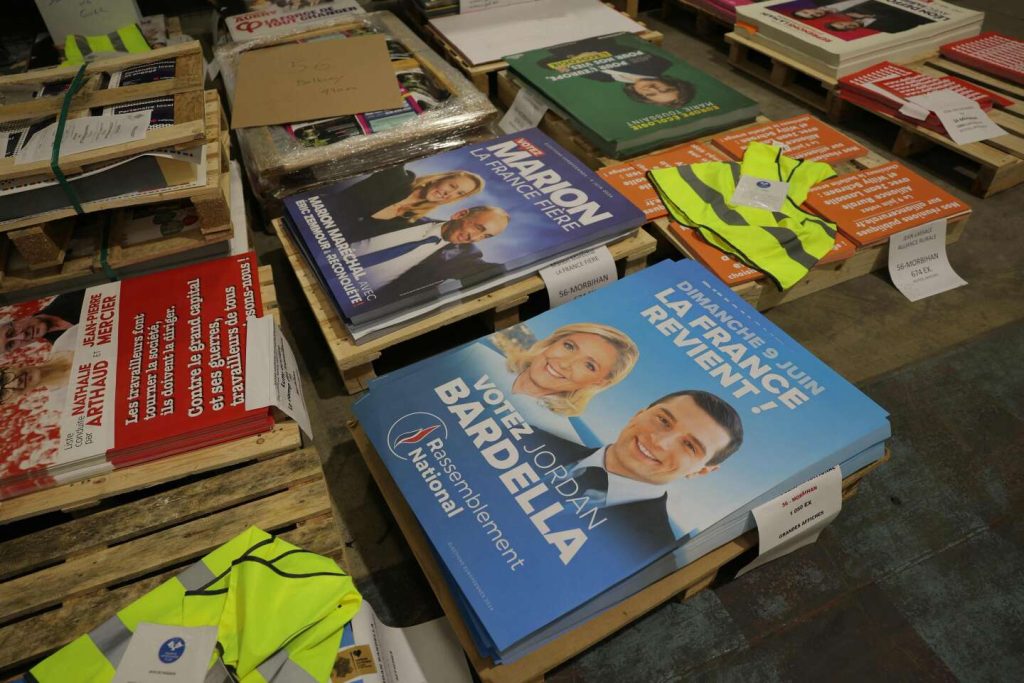In the French political landscape, there are not one, but two extreme right-wing radicalities, both emerging in the context of the 1980s. The first is nationalist, spearheaded by the National Front, which became the National Rally in 2018, and by Reconquest!, the party of Eric Zemmour. Before the 1983 municipal election in Dreux and the 1984 European elections, the National Front, founded in 1972, was a marginal group. The issue of immigration, new for the party at the time, made it a force to be reckoned with. The second radicality is “republicanist,” without partisan expression, represented by small collectives like the Printemps republicain founded in 2016 or the Observatoire du decolonialisme established in 2021, which are seen as identity ideologies with roots on both the left and right.
Initially in the 1980s, this intellectual and political hardening stemmed from concerns over the crisis facing the Republic’s institutions and the emergence of Islam in France. The emergence of cultural differences seeking to be recognized sometimes in a victimized manner seemed to challenge the “republican integration model.” Being attentive to these demands was seen as being a “traitor” or “destroyer” of the Republic, as journalist Christian Jelen wrote. The debate intensified following the “headscarf affair” in 1989, with Islam, linked to immigration, becoming a topic of discussion. Former Socialist Education Minister Lionel Jospin was criticized for his cautious stance on the Islamic veil, accused of betraying the principles of the Republic. With the rise of Islamism and terrorism, questions arose about the compatibility of Islam and immigration with the universal values of the Republic. Muslims and immigrants were sometimes viewed as incapable of integration and a source of cultural insecurity, challenging the principles of equality and democracy.
This criticism recently found a unifying vocabulary with the denunciation of “wokeness,” a term encompassing “Islamo-leftism,” “cancel culture,” “critical race theory,” “gender theory,” “decolonialism,” “post-colonialism,” “intersectionality,” and “inclusive writing.” This discourse often aligns with sovereigntism. The extreme right has not become less radical than during the era of Jean-Marie Le Pen, but it has become more challenging to combat. There is a sense of threat from elements considered to be undermining the Republic, such as Islam and immigration, with accusations of undermining equality, women’s rights, and democracy. The critique of political correctness and the pushback against progressive ideologies have gained traction, associating these ideas with specific threats to French identity and values.
The political scene in France is marked by the presence of two distinct extremes on the right, one nationalist and the other “republicanist.” The rise of these radical movements in the 1980s was fueled by concerns about cultural differences, Islam, and immigration challenging the traditional Republican model of integration. The discourse around these issues has hardened over time, with accusations of Islam and immigrants being incompatible with universal values. This criticism has adapted to current debates with the emergence of terms like “wokeness” and the association of progressive ideologies with threats to traditional French values. The challenge of combatting these radical movements on the right remains, with both sides claiming to defend the Republic while promoting different visions of French identity and societal norms.


